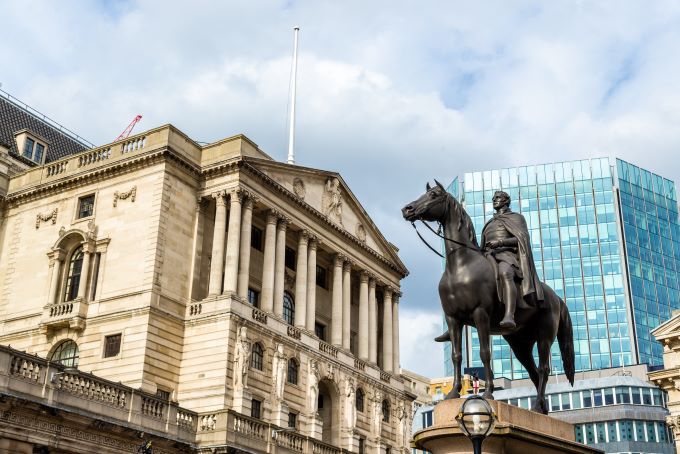The UK consumer price index (CPI) remained steady at 6.7% year-on-year in September, above the market estimate of 6.6%. Still, inflation remained at an 18-month low. On a month-over-month basis, CPI rose 0.5% in September, up from 0.3% in August. The jump in inflation was driven by a sharp rise in gasoline prices, but was partially offset by a decline in food prices.
Core CPI, which excludes food and energy ticked lower to 6.1%, compared to 6.2% in August but above the market estimate of 6.0%. The core rate climbed 0.5% month-over-month, up sharply from 0.1% and matching the market estimate.
Core CPI is considered a better gauge of inflation trends than CPI, and the upswing in the month-over-month core rate will raise eyebrows at the Bank of England (BoE), which is engaged in a fierce battle against inflation. Core CPI remains more than three times above the central bank’s target of 2%, and the UK is holding onto the unwanted record of the highest inflation rate in the G-7.
In the battle against inflation, the BoE has to consider not only consumer inflation, but wage growth as well. Wages are currently rising faster than prices, and this week’s employment report showed wage growth of 8.3% in September, down slightly from 8.5% in August but still very high. If wages don’t fall more quickly, it will be more difficult for the BoE to lower inflation.
The BoE held interest rates at 5.25% in September, the first pause after 14 consecutive rate hikes. Today’s inflation report was a stark reminder that elevated rates haven’t defeated inflation and that could mean the BoE will have to tighten further. Still, the market has largely priced in another pause when the BoE meets next on November 2nd. The BoE is hesitant to hike rates as householders are groaning under the weight of elevated inflation and high borrowing costs, which will only get worse if interest rates increase.
In the Forex market, the British pound has shown little reaction in the aftermath of today’s inflation report. The GBP/USD currency pair rose by 0.15% against the US Dollar on Wednesday. The FTSE 100 Index, which is the benchmark index for the UK stock markets, is almost unchanged. At the time of writing, the index is down 9.85 points (0.12%) at 7665.36.


